Cushioning material
Cushioning material
Cushioning Material
Cushioning material is a key component in packaging. It protects items during shipping and handling. Without it, products could get damaged.
Types of Cushioning Material
There are various types of cushioning material. Common examples include bubble wrap, foam, and air pillows. Each type has its own benefits.
Bubble Wrap
Bubble wrap is a popular cushioning material. It consists of air-filled bubbles. These bubbles absorb shocks and prevent damage.
Foam
Foam is another common cushioning material. It can be molded to fit the shape of the product. This provides excellent protection.
Air Pillows
Air pillows are lightweight and flexible. They are filled with air and placed around the product. This creates a cushion that absorbs impacts.
Why Use Cushioning Material?
Using cushioning material is essential for safe shipping. It reduces the risk of damage. This ensures that products arrive in perfect condition.
Choosing the Right Cushioning Material
Choosing the right cushioning material depends on the product. Consider the size, weight, and fragility of the item. This helps in selecting the best protection.
Blog Posts with the term: Cushioning material
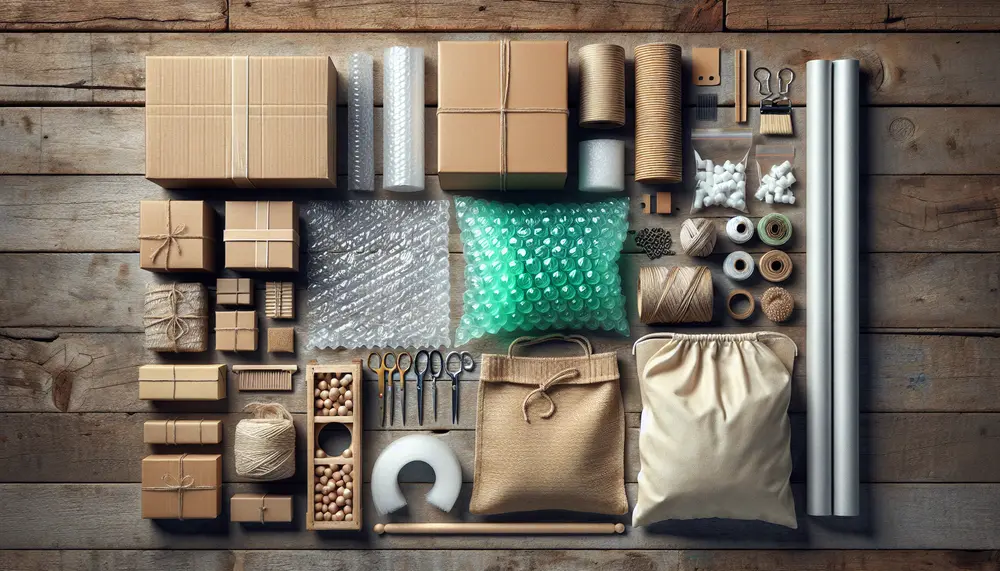
Packaging materials range from traditional paper and glass to modern bioplastics, each with unique properties affecting product safety, cost-effectiveness, and environmental impact. Selecting the right packaging is crucial for brand identity, customer satisfaction, and sustainability; factors like protection needs, branding...

Protective packaging involves materials and methods to safeguard products from damage during shipping, handling, and storage. It is crucial for maintaining product integrity, reducing costs associated with returns and replacements, ensuring compliance with regulations, protecting against environmental factors, enhancing customer...
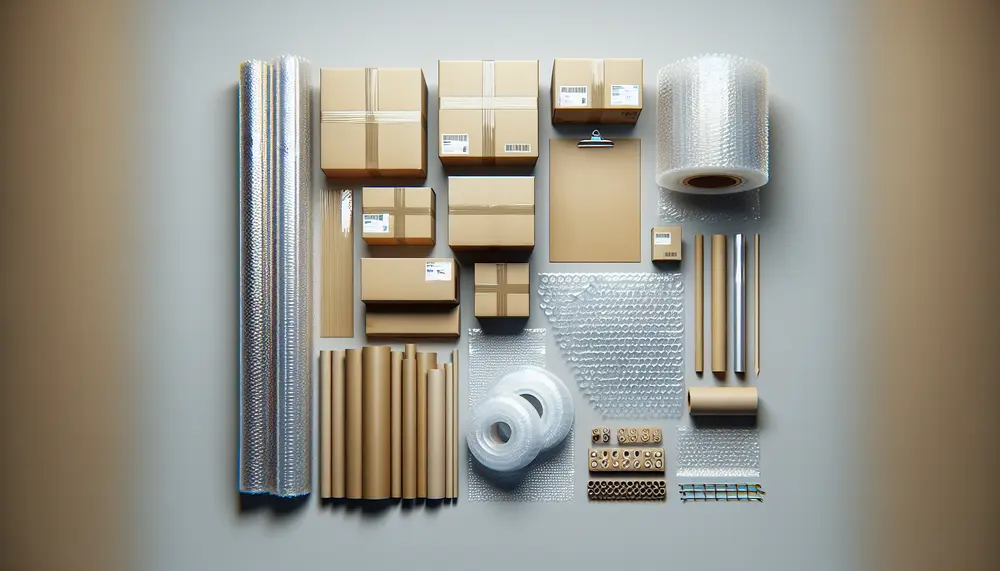
Packaging hazards pose risks to product safety during transportation and storage, stemming from physical damage, environmental conditions, and human error; addressing these requires a comprehensive design strategy. Shipping hazards are categorized into shock damage, vibrations, compression forces, and atmospheric conditions;...
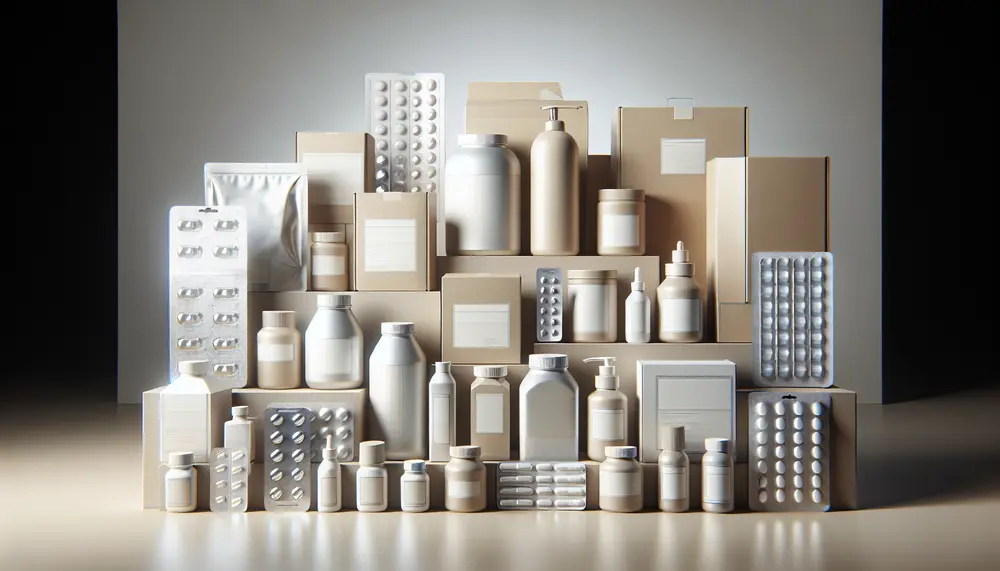
Pharmaceutical packaging and design are essential for ensuring medication safety, efficacy, and patient compliance. Effective packaging involves understanding regulatory requirements, material science, and user needs while providing protection, information, identification, convenience, and adherence to treatment plans; it must also comply...
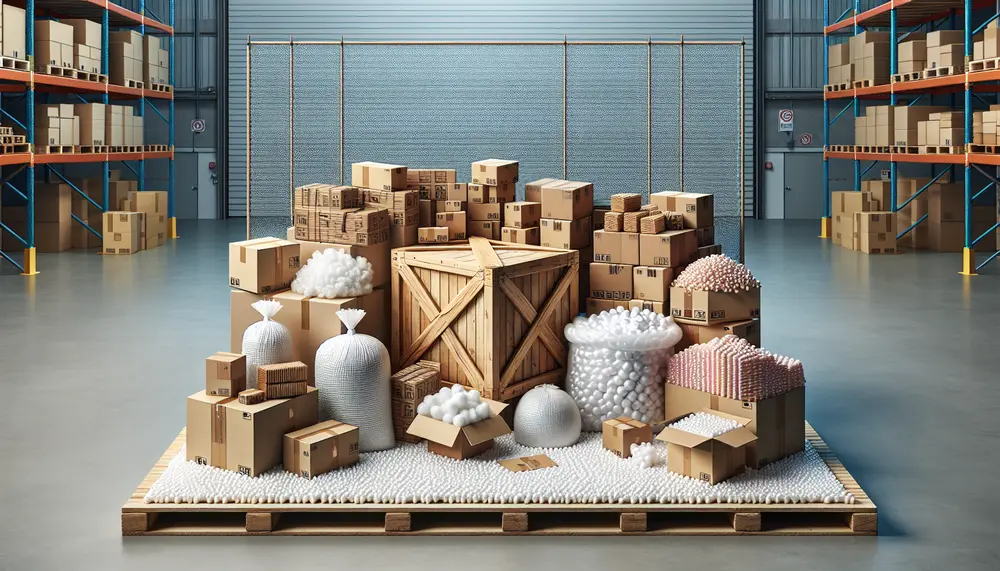
Packaging and packing are distinct processes in goods transportation; packaging focuses on product protection and presentation, involving design for brand identity, while packing is about enclosing products for safe distribution. Primary, secondary, and tertiary packaging provide different levels of protection...

Packing peanuts are used in packaging to fill empty spaces, prevent movement, and absorb shocks during shipping. They come in various materials including Styrofoam and eco-friendly options like biodegradable starch-based peanuts, with TOTALPACK® offering high-grade reusable types. The environmental impact of...
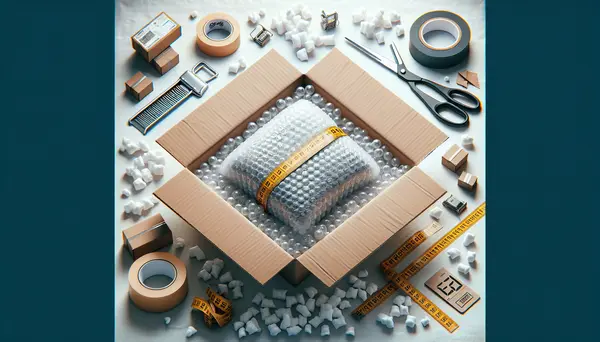
The text emphasizes the importance of proper packaging in successful sales, enhancing brand perception and creating a memorable unboxing experience for customers. It discusses various aspects such as choosing the right material, considering size and weight, securing items for shipment,...
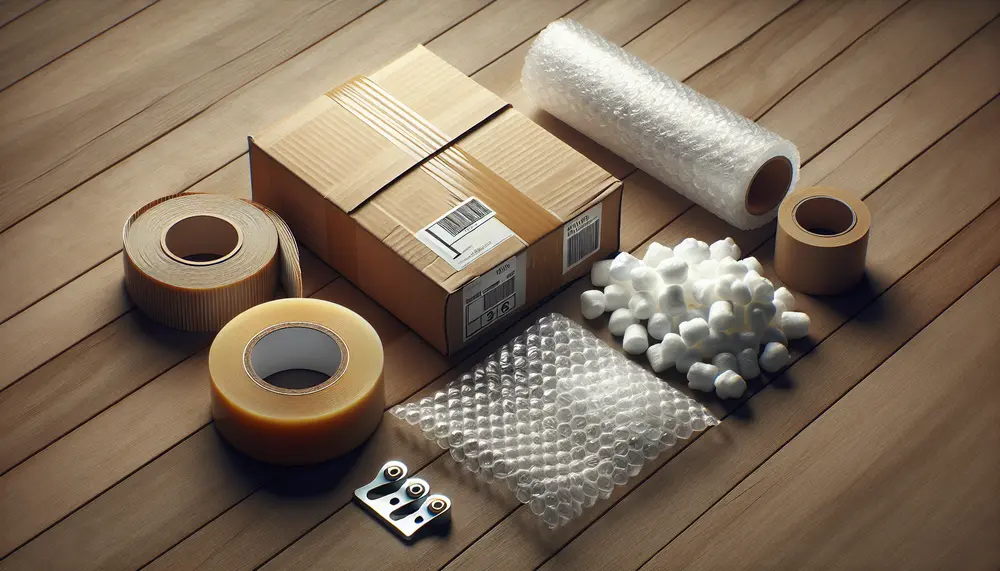
Packaging materials are essential for product protection, information dissemination, and marketing; material selection is based on factors like durability and sustainability. Plastic packaging offers versatility but faces environmental concerns, glass provides purity and recyclability, metal ensures strength and long-term preservation...

Packaging in the USA market is essential for brand strategy, influencing consumer behavior and ensuring product protection. Trends like smart packaging, personalization, sustainability, and minimalist design are shaping the industry's future. Sustainable packaging enhances brand image but may incur higher costs...
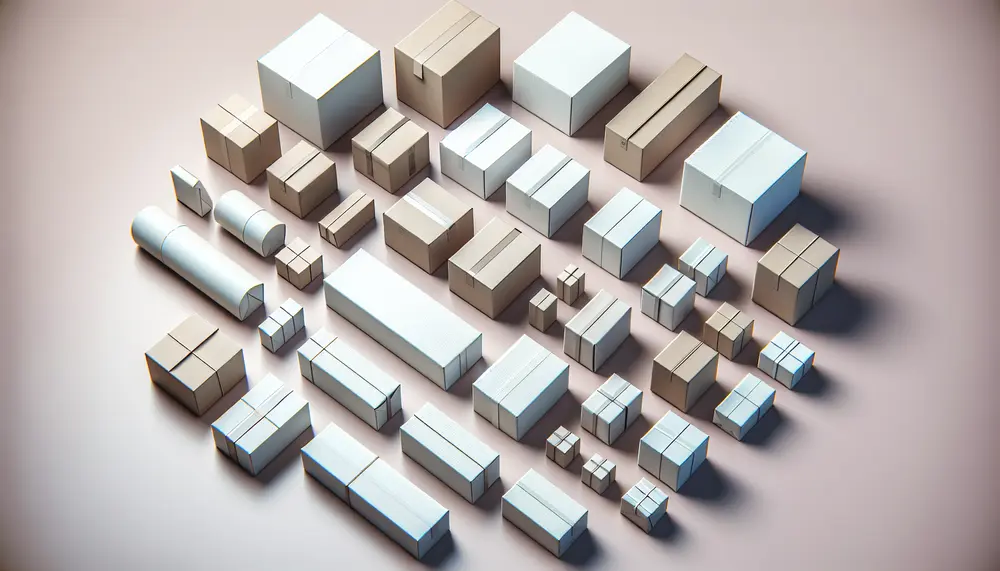
Protection pack sizing is essential for ensuring products reach their destination safely, optimizing shipping costs, and enhancing customer satisfaction. This guide covers the basics of protection pack sizing, key influencing factors such as product dimensions and weight, accurate measurement techniques,...
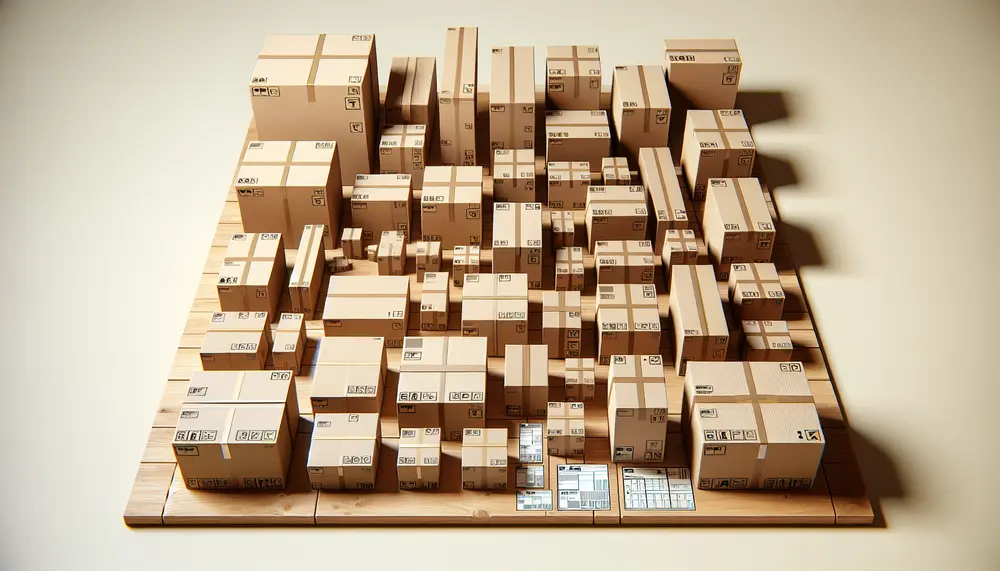
The article discusses the importance of choosing the right packaging box for shipping, emphasizing that a good box protects contents and saves costs. It outlines factors to consider when selecting a box type, such as product nature, shipping method, and...

Protective packaging for glass bottles is essential to prevent breakage during transit, offering various solutions like Hexabox Shippers, Pulp Shippers, and Foam Shippers tailored to different needs. Choosing the right packaging involves considering factors such as bottle size and shape,...
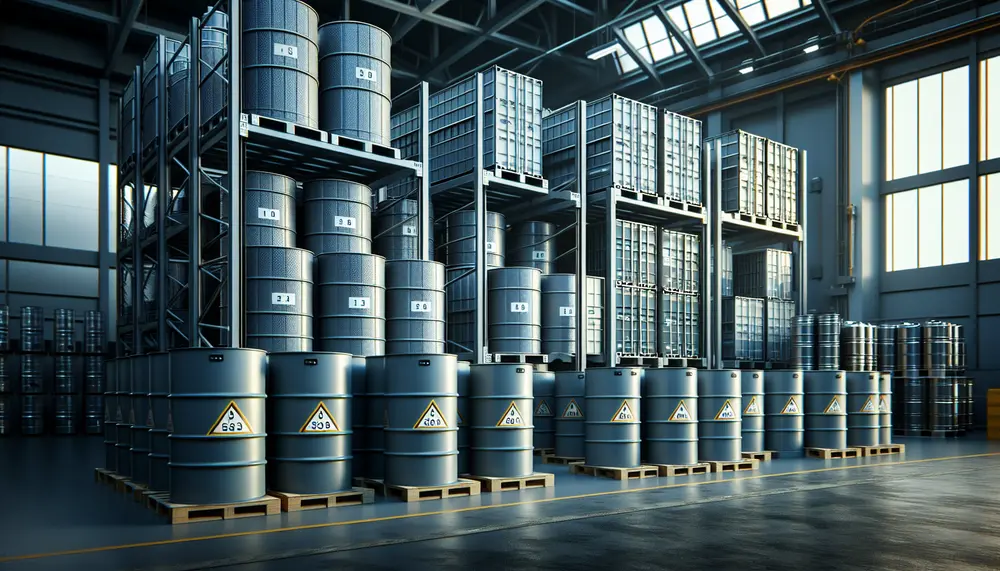
Hazardous materials (Hazmat) are substances that can endanger health, property, or the environment and require specific handling and packaging to mitigate risks during transport. Regulatory bodies enforce strict guidelines for Hazmat transportation; non-compliance can result in severe consequences. Different types of...

Packaging tissue is a thin paper used for wrapping and protecting items, enhancing the unboxing experience, reflecting brand quality, and demonstrating environmental responsibility. It offers protection during transit, adds luxury to customer experiences through tactile sensation, serves as a branding...
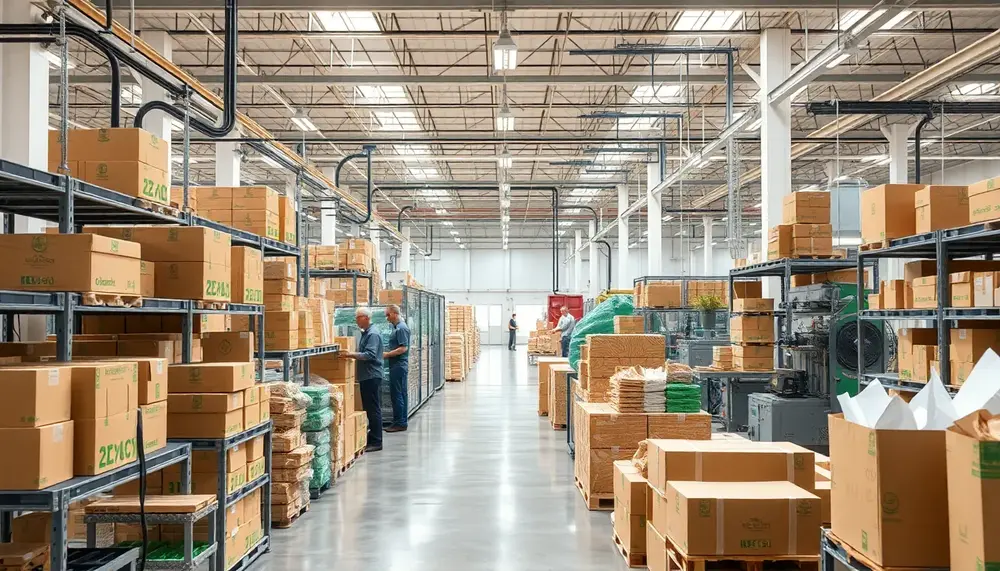
Understanding sustainable packaging is vital for businesses to minimize environmental impact and meet consumer demands, focusing on eco-friendly materials and practices. Key concepts include life cycle assessment, recyclability, and the circular economy, which guide companies in selecting suitable materials while...
